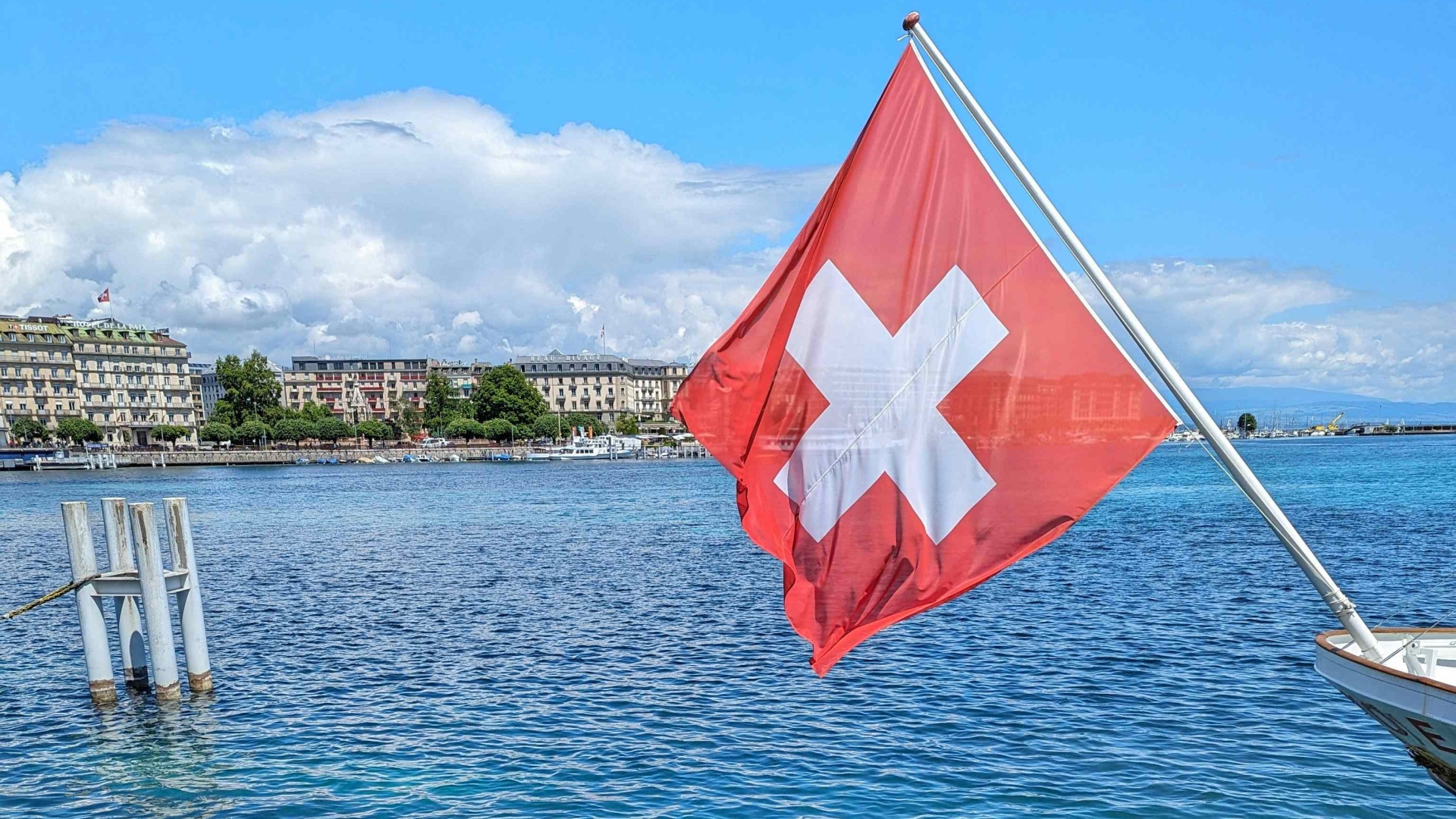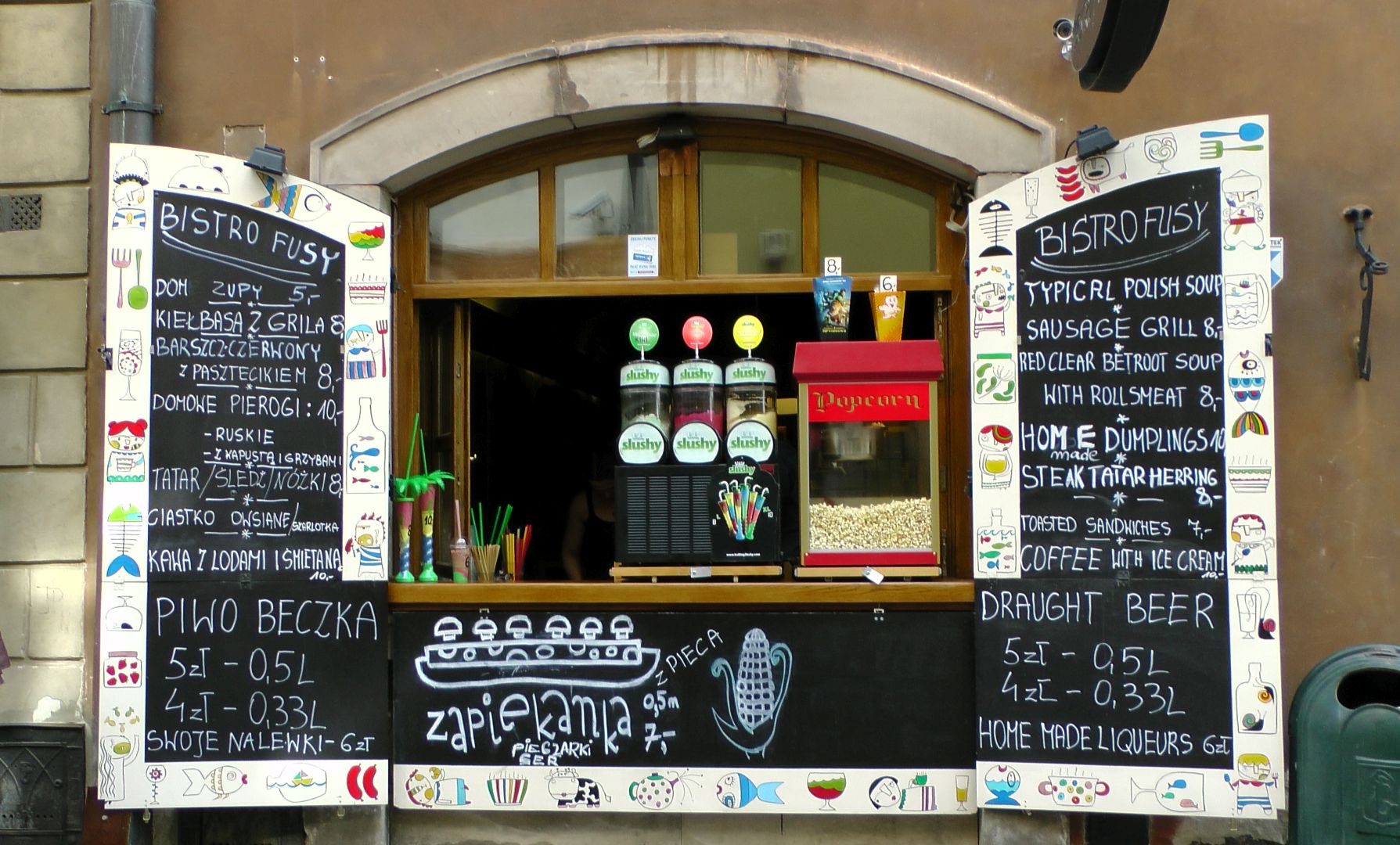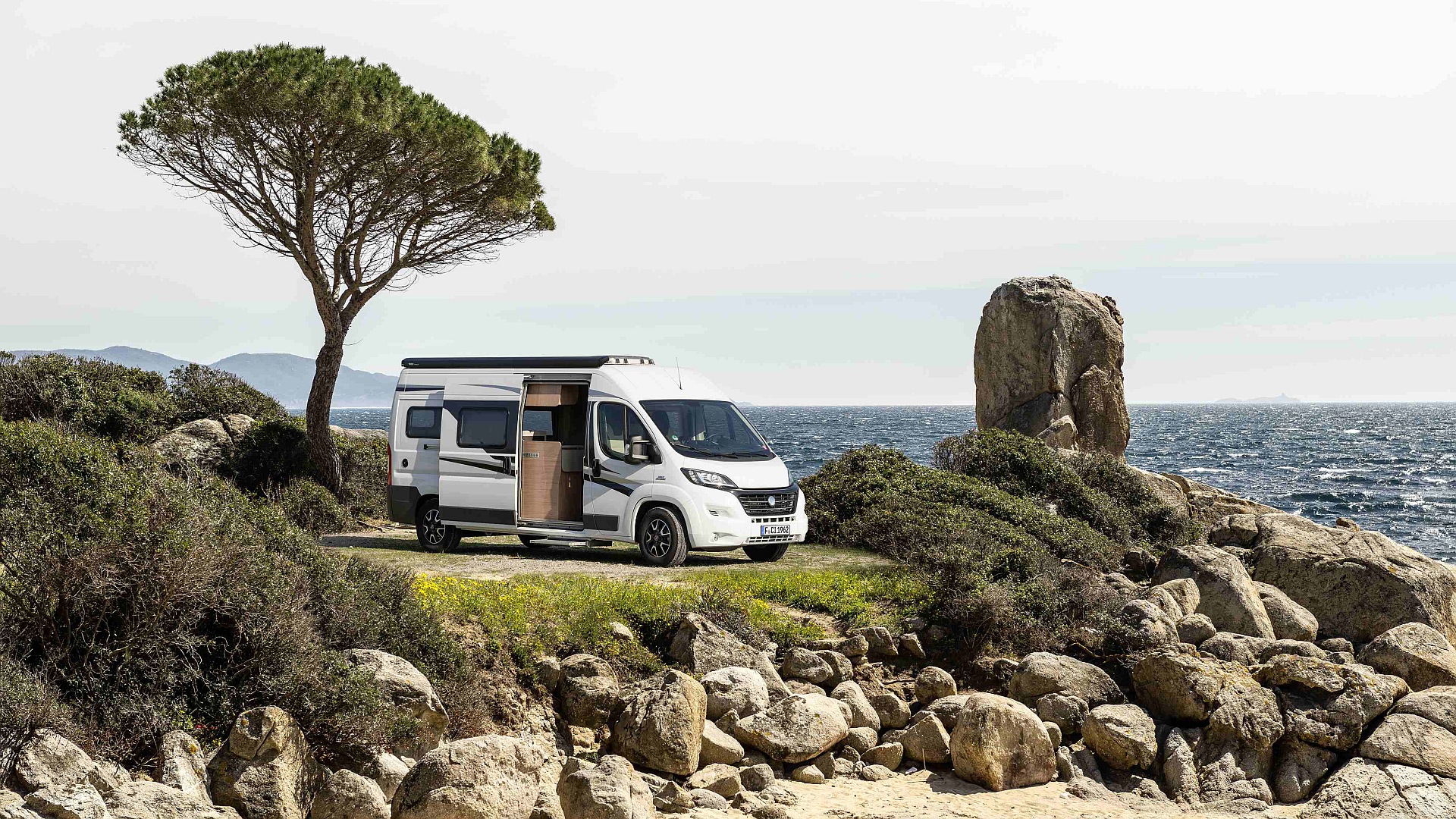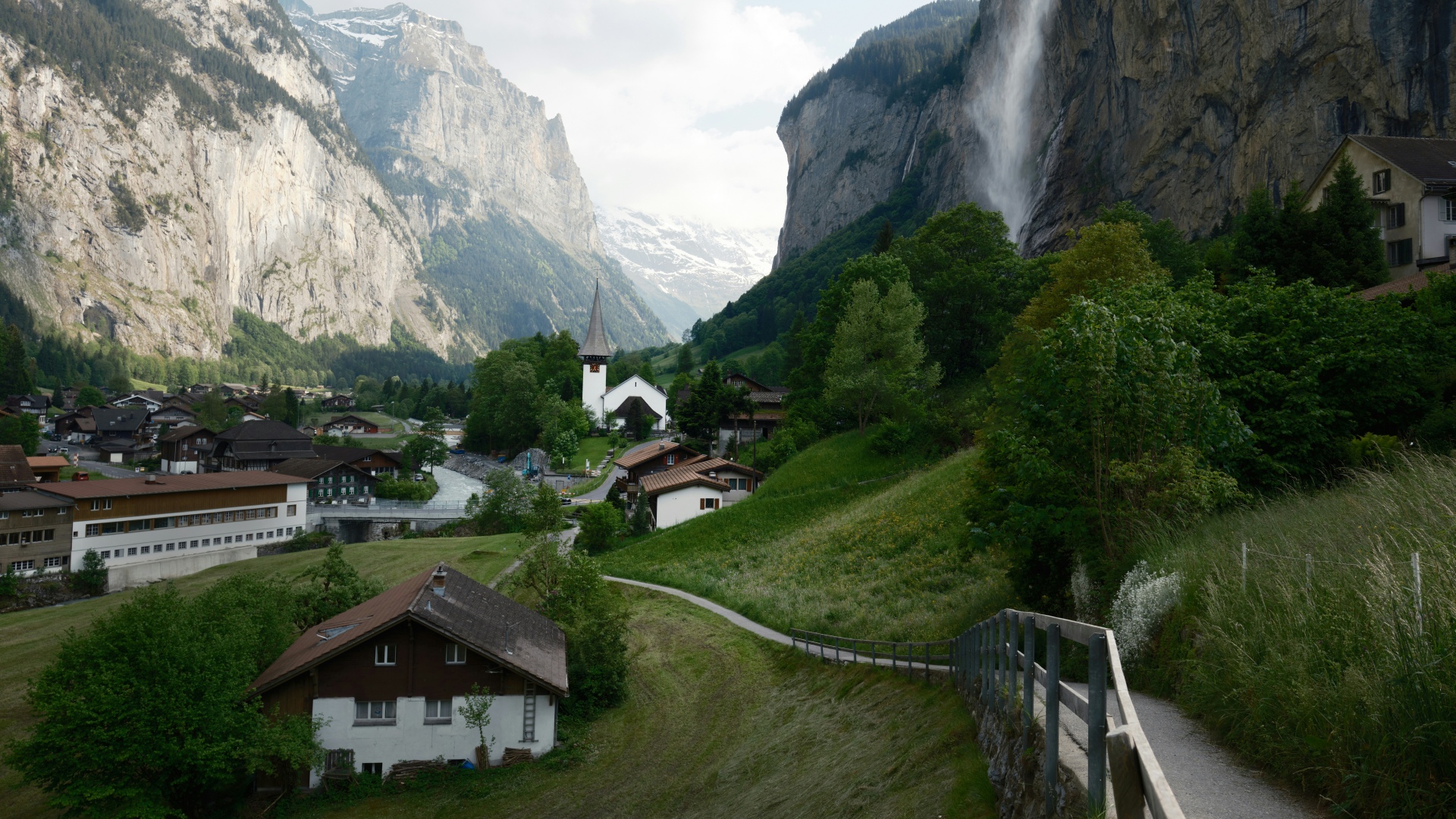Marketplace News & Stories
News
Good news for Swiss hoteliers: after the Council of States, the National Council has now also approved the reduced value added tax (VAT) rate of 3.8 percent for accommodation services.
Despite a slight decline in general travel intentions, Europeans are planning longer and more expensive holidays. Many are less concerned about increased travel costs and their personal financial situation in 2025 than in the previous year.
In many places, tourism is both an economic booster and a stress factor. A transnational study shows that travellers are increasingly aware of the impact of tourism on communities and the environment in Switzerland and abroad.
For the first time, the number of motor caravans registered in Germany exceeds the one million-mark. The caravanning trend has a long breath.
Google fights monopoly allegations. The US Department of Justice is calling for the company to be broken up. Apple and Meta are being asked to pay a total of 700 million euros for violating European digital law.
In many tourist mountain communities in Switzerland, the lack of staff accommodation is exacerbating the shortage of skilled labour. A guide shows possible solutions and emphasises the importance of open dialogue in the municipalities.
Anyone travelling to the UK now needs a digital entry permit. Online traps are now lurking: Third-party providers are cashing in - often for little to no real service.
More and more companies in Germany are having to admit their insolvency. The service sector was particularly affected, making the catering industry one of the sectors most at risk.
Brussels presented a new strategy to promote artificial intelligence. However, not everyone believes in the effectiveness of the planned measures.
Over the next 1000 years, global warming could be more severe than previously assumed. A new study has produced long-term climate projections for the first time, considering factors such as the thawing of permafrost as a source of greenhouse gases.









